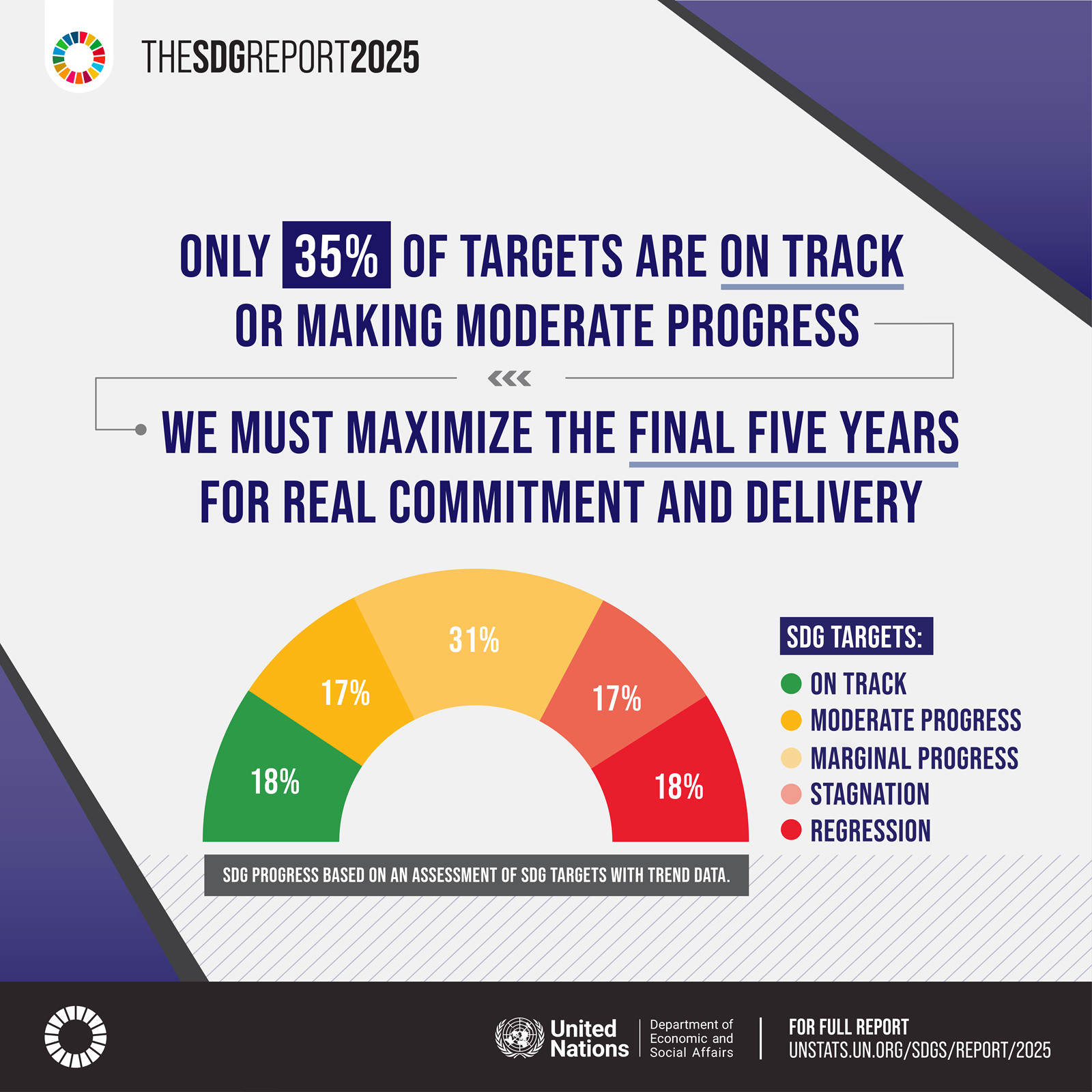On 8 December 2023, the United Nations General Assembly (UNGA) officially established World Clean-up Day in its resolution A/78/122, to be annually observed on 20 September.
The resolution welcomes the contribution of World Clean-up Day activities to date to addressing the environmental challenges associated with waste management by mobilizing people globally to participate in coordinated voluntary action, empowering collaboration, and raising broad awareness of the need to reduce waste pollution tangibly.
Over the years, many national, regional and local governments and communities have been undertaking clean-up activities globally. World Clean-up Day represents the reflection on their achievements. The clean-ups serve as a reminder of the collective responsibility we share in preserving and maintaining a clean and healthy environment as well as sustainable waste and resources management.
Despite these efforts, the impact of single use plastics in many parts of the world is huge but not yet fully understood. For example, in Nebbi district (West Nile region of Uganda) while local level clean-up efforts are being undertaken at community level, poor waste management especially the single use plastic bags and used plastic bottles in many trading centres chock drainage channels and farmlands, among other negative effects.
In April 2024, Joint Energy and Environment Projects (JEEP) and Uganda Coalition for Sustainable Development (UCSD) that are currently implementing the Climate Action for Improved and Sustainable Livelihoods (CAISL) Project in Nebbi District, were prompted to issue a joint civil society statement that called for a more nuanced national level action on single use plastics and used plastic bottles in order to back up community clean up exercises conducted in Nebbi and elsewhere in Uganda. Currently plastics make up a significant fraction of what is collected. Though this is partly reused in the community, a significant amount is burnt in the ‘open’ as the only ‘viable’ option.
Sustainable Development Goal 11: Life on Sustainable Cities and Communities aim to make cities and human settlements inclusive, safe, resilient and sustainable. Target 11.6 specifically calls for reduction in the adverse per capita environmental impact of cities, including by paying special attention to air quality and municipal and other waste management by 2030.
World Clean-up Day aims to mobilise people globally to participate in coordinated voluntary action, empowering collaboration, and raising broad awareness of the need to reduce waste pollution tangibly. Further, it serves as a powerful reminder of the collective responsibility we share in preserving and maintaining a clean and healthy environment. Its inaugural commemoration will be observed on Friday 20 September 2024 in Tromsø, Norway.


